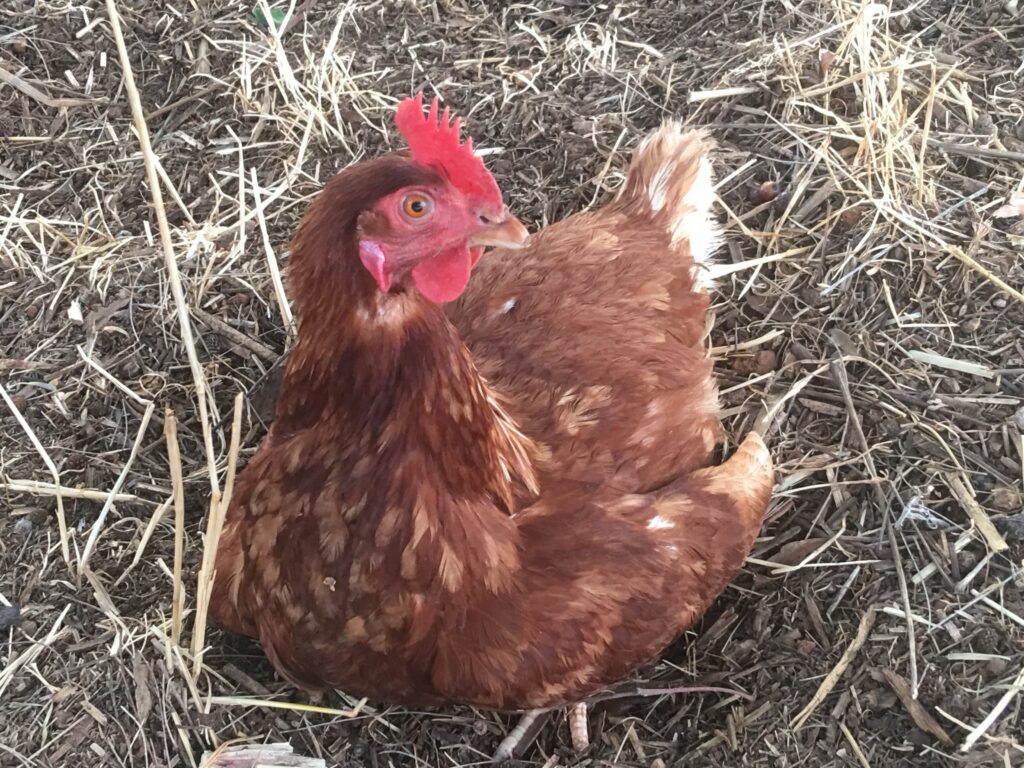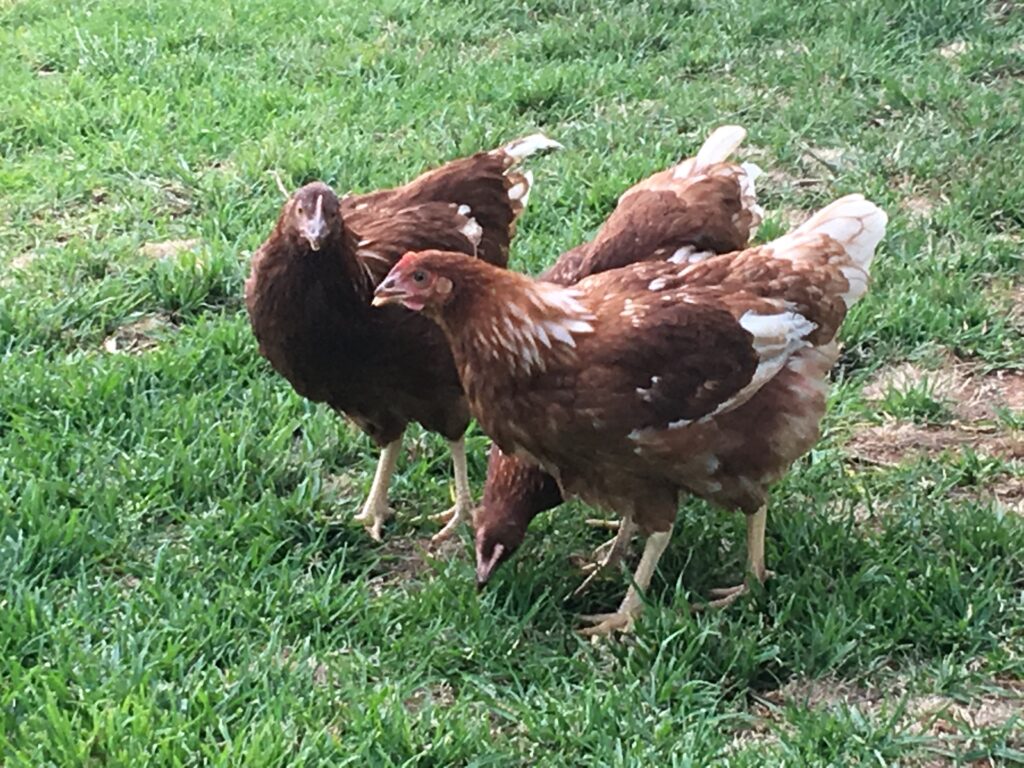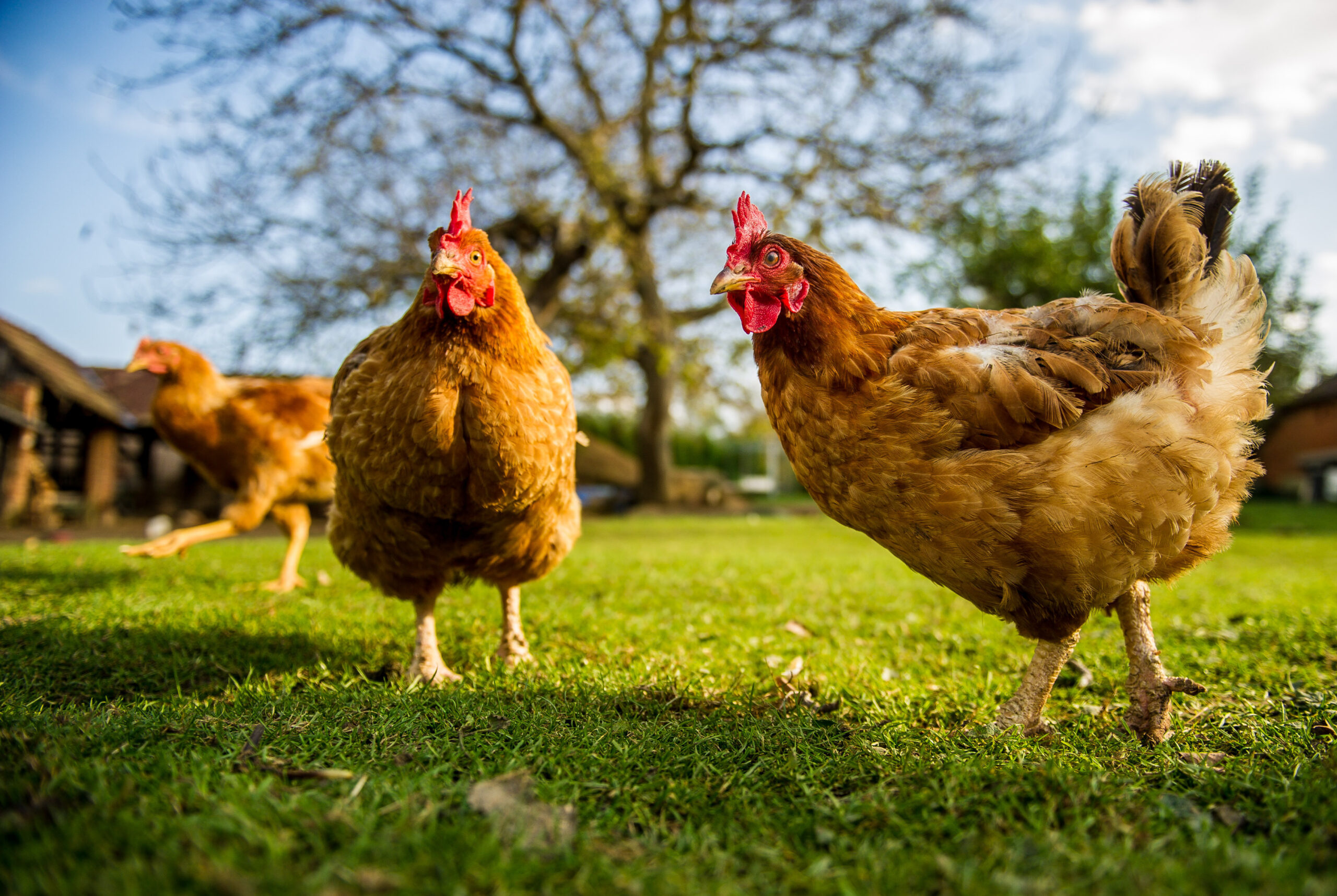Flocks of chickens – stationed across New South Wales – are the local health district’s secret weapon in preventing the spread of dangerous mosquito-borne viruses on the rise across the state.
NSW Health’s sentinel chicken program has been almost doubled as the threat of mosquito-borne viruses looms large in the state’s Riverina, the Southern Tablelands and along the Murray River.
The program, which sees local chickens tested for mosquito-borne viruses, originally began in the mid-1970s in four locations across New South Wales: Leeton, Griffith, Hay and Deniliquin local government areas.
NSW Health’s senior environmental health officer, Tony Burns, told Insight+ the early warning system was so successful, it was expanded across the state late last year.
“We have recently added four new locations encompassing Wagga Wagga, Goulburn and West Wyalong local government areas,” Burns said.
“Each of the sites has 15 chickens, which we test for mosquito-borne viruses from about October to the end of April each year, depending on the local climate and weather conditions.”

Burns, who is based in Wagga Wagga, oversees the program, which sees the chickens tested weekly for a range of mosquito-borne viruses, including Murray Valley encephalitis, West Nile/Kunjin, Ross River and Japanese encephalitis.
He said a positive test in a single chicken is enough to trigger a public health alert.
“Once a chicken tests positive to one of these viruses, we immediately alert the local community,” he said.
“When a chicken tested positive to Murray Valley encephalitis [virus] in the Griffith Local Government Area last week (week of 23 January 2023), we had the test results within two days and were able to inform everyone quickly.
“These chickens could be bitten by mosquitos up to a thousand times a night, so the program gives us that early warning that a virus could be in the area. It would be problematic to try and trap a wild bird or a wild animal and test them.”
Once bitten, a chicken’s health isn’t affected but their immune system produces antibodies which can be detected in blood samples.
The chickens have recently tested positive for Murray Valley encephalitis virus in the Griffith local government area, at Menindee, and at Mathoura, Moama, and Barham along the Murray River, prompting a public health alert for several areas.

Along with their weekly blood tests, Tony Burns said all the chickens are very well cared-for and have plenty of room to roam freely.
“The program is very humane, with the chickens having plenty of space, food and water,” he said.
“We work closely with the Department of Agriculture who check on the chickens regularly. The actual testing of chickens is done by local volunteers, who take part in our small training program. The people who house the chickens also get the benefit of plenty of free eggs.”
He said it is clear the program is saving lives.
“We are proud of the early warning program,” he said.
“The community is not going to get sick if they’re not going to get bitten.”
In recent weeks, four states and territories have issued warnings about mosquito-borne infections, including New South Wales, Victoria, South Australia and the Northern Territory.
In the Top End, Territorians and visitors are being urged to protect themselves from mosquito bites.
Nina Kurucz, NT Health’s Director of Medical Entomology, said heavy rainfall or flooding associated with monsoonal activity creates environmental conditions favourable for mosquitoes to breed in high numbers.
“We are in the midst of the high risk period for mosquito-borne viruses, and so expect to see an increase in the number of common banded mosquitoes which transmit diseases.
“The recent rainfall is a timely reminder for Territorians and visitors to protect themselves against mosquito bites, especially while outdoors,” Ms Kurucz said.
Two states, New South Wales and Victoria, last month expanded the eligibility criteria for people able to receive the Japanese encephalitis vaccine.
Subscribe to the free InSight+ weekly newsletter here. It is available to all readers, not just registered medical practitioners.

 more_vert
more_vert